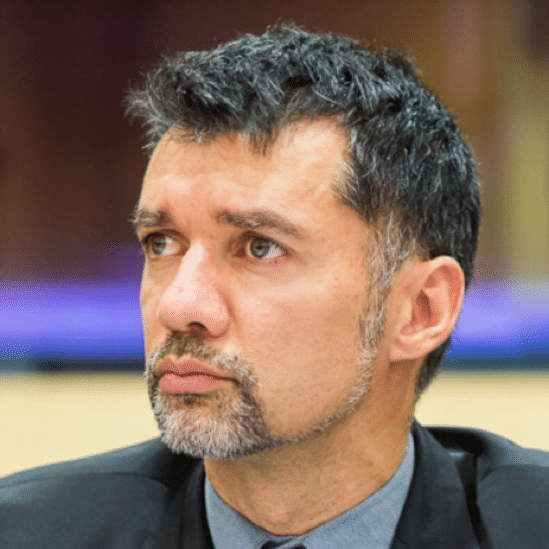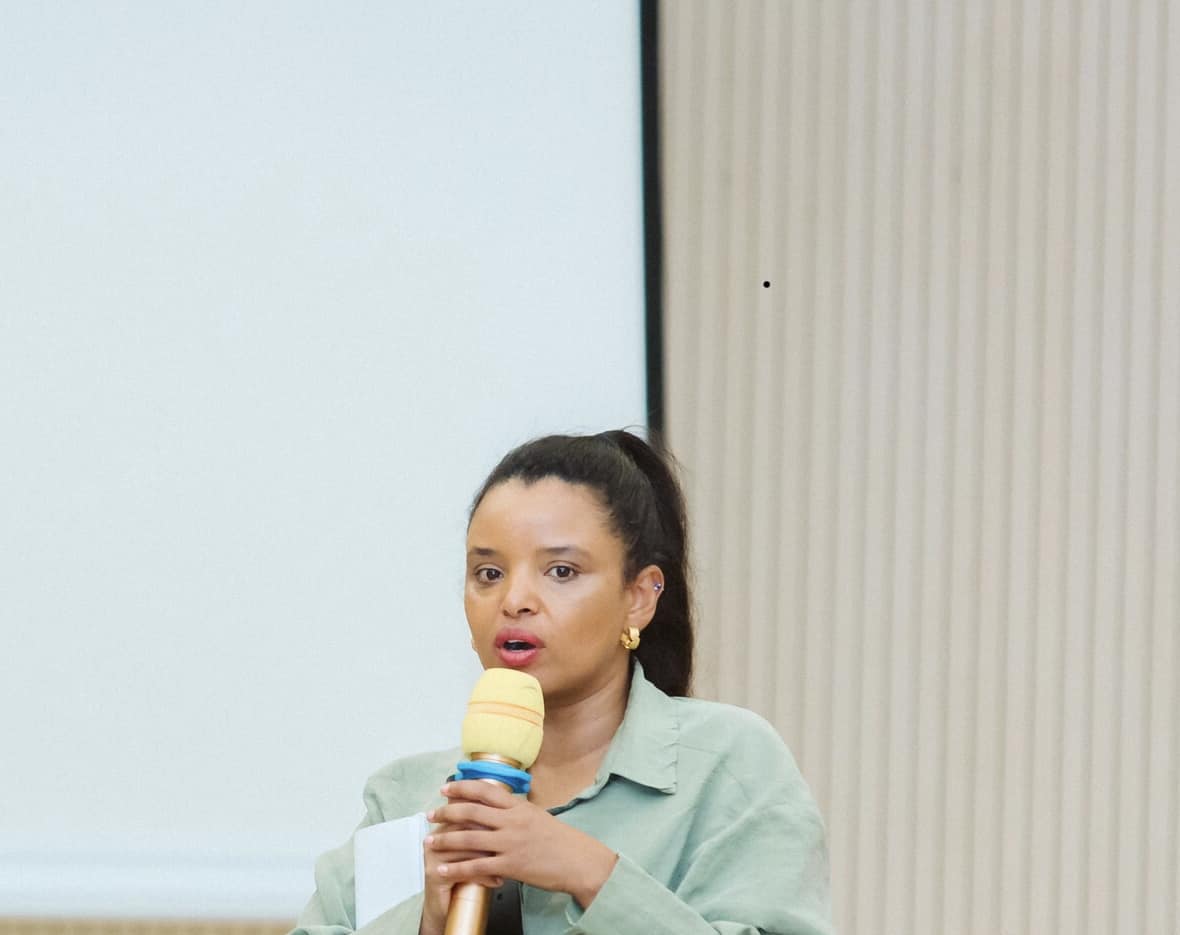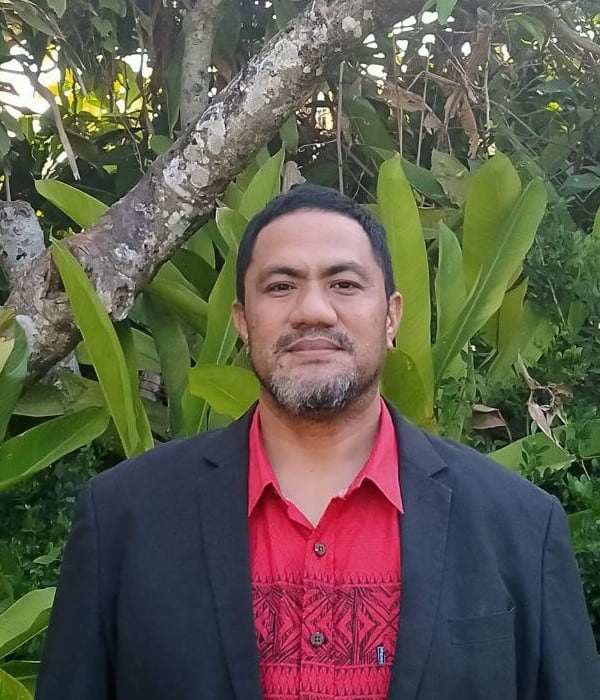Who is the GFCE?
The GFCE is a multi-stakeholder network consisting of more than 180 Members and Partners from government, international organizations, industry, non-governmental organizations, academia, technical groups and civil society.
To support the network, different GFCE structures and groups are developed on a voluntarily basis by members of the GFCE Community. These entities make up the GFCE ecosystem, a unique ecosystem that is geared towards the demands and needs of the Community. Besides the GFCE Members and Partners, structures which have been developed so far include:
- Co-Chairs,
- Advisory Board,
- Working Groups Chairs,
- Research Committee,
- Cybil Steering Committee,
- Regional Hubs and Liaisons.
The GFCE’s governance structure was further strengthened in 2020 by the establisment of the GFCE Foundaton and the installation of a Foundation Board.
All the above structures are facilitated by the GFCE Secretariat.
Members
GFCE Members consist of countries, intergovernmental organizations (IGOs), international organizations and private companies with the commitment and resources to contribute to cyber capacity building.
Partners
GFCE Partners are organizations with specific cyber expertise that have been endorsed by at least one GFCE Member. Partners include but are not limited to nongovernmental organizations (NGOs), academia, the tech community and private organizations.
Foundation Board
The GFCE Foundation Board was installed upon establishment of the GFCE Foundation in December 2019. The Foundation Board is responsible for offering strategic guidance for the GFCE community and Secretariat, establishing continuity through outreach and fundraising, and providing a visible point of communication for the Foundation.
Chris Painter
President of the GFCE Foundation Board
Inge Bryan
Secretary of the GFCE Foundation Board
Olaf Kolkman
Treasurer of the GFCE Foundation Board
Uri Rosenthal
Special Advisor to the GFCE Foundation Board
Co-Chairs
Advisory Board
To further promote active involvement of civil society, academia and the technical community in cyber capacity building, the first GFCE Advisory Board was established in 2016. The main role of the GFCE Advisory Board is to provide advice on the overall strategic direction of the GFCE and provide substantive input and recommendations to the GFCE Working Groups. For more information on the GFCE Advisory Board, please refer to the Terms of Reference. The Members of the Advisory Board 2022-2024 are:
Richard Harris
GFCE Advisory Board co-Chair 2022-2024
Louise Marie Hurel
GFCE Advisory Board co-Chair 2022-2024
Ephraim Percy Kenyanito
GFCE Advisory Board member 2022-2024
Stephane Duguin
GFCE Advisory Board 2022-2024
Elizabeth Vish
GFCE Advisory Board Member 2022-2024
Joe Burton
GFCE Advisory Board Member 2022-2024
Nompilo Simanje
GFCE Advisory Board Member 2022-2024
Matteo Lucchetti
GFCE Advisory Board Member 2022-2024
Letitia Masaea
GFCE Advisory Board Member 2022-2024
Sorene Assefa
GFCE Advisory Board Member 2022-2024
Kevon Swift
GFCE Advisory Board Member 2022-2024
Working Groups Chairs & Task Forces Leads
The work of each GFCE Working Group is coordinated and led by a Working Group Chair. A Working Group Chair can be elected from within or outside of the GFCE Community, should be neutral with no political or commercial affiliations, and are elected in their personal capacity. Some Working Groups have opted to divide their work into smaller, more focused Task Forces. In this case, the Task Force may have one or multiple leaders that guide and coordinate the work of the Task Force, under direction of the Working Group Chair. The Task Force leader(s) are nominated from within the Working Groups. For more information on the GFCE Working Groups please kindly refer to the GFCE Working Groups Terms of Reference.
The Working Groups Chairs & Task Forces Leads are:
Ian Wallace
Chair of WG A - Policy & Strategy
Klée Aiken
Chair of WG B - Incident Management & Infrastructure Protection
Nnenna Ifeanyi-Ajufo
Chair of WG C - Cybercrime
Steven Matainaho
Chair of WG D Cyber Security Culture & Skills
Lea Kaspar
Task Force co-lead Strategy & Assessments
Carolin Weisser
Task Force Strategy & Assessments co-Lead and Cybil Steering Committee Member
Nikolas Ott
Task Force co-lead CBMs, norms & Cyberdiplomacy
Szilvia Tóth
Task Force co-lead CBMs, norms & Cyberdiplomacy
Vilius Benetis
Task Force lead Cyber Incident Management
Marc Henauer
Task Force lead Critical Infrastructure Protection
Research Committee
The GFCE Research Committee was established in 2020 to support the development and delivery of the annual Global Cyber Capacity Building Research Agenda. One of its main tasks will be to provide Working Groups with expert assistance to translate ideas into research questions with time/cost estimates and delivery requirements. For more information, please refer to the Research Committee Terms of Reference or email researchcommittee@thegfce.org.
The members of the Research Committee 2022-2024 are:
Enrico Calandro
GFCE Research Committee Chair 2022-2024
Klée Aiken
GFCE Research Committee member 2022–2024
Andrea Calderaro
GFCE Research Committee member 2022–2024
Emmanuella Ntim Darkwah
GFCE Research Committee member 2022–2024
Richard Harris
GFCE Research Committee member 2022–2024
Elina Noor
GFCE Research Committee member 2022-2024
Tatiana Tropina
GFCE Research Committee Member 2022-2024
Nnenna Ifeanyi-Ajufo
GFCE Research Committee Member 2022-2024
Louise Marie Hurel
GFCE Research Committee member 2022-2024
Secretariat
The Secretariat provides operational and logistical support to the GFCE, acting as a liaison and point of contact for the GFCE Community, the Advisory Board and the Foundation Board. The Secretariat also facilitates the Working Groups, all GFCE projects and processes, and information-sharing within the GFCE and externally. In addition, the Secretariat is responsible for planning and supporting GFCE Meetings.
David van Duren
Director
Marjo Baayen
Director
Wouter Veenstra
Head Global Outreach and Partnerships
Tereza Horejsova
Outreach Manager
Velimir Radičević
Program Coordinator
Martin Koyabe
Senior Manager AU-GFCE Project
Jaqueline Pateguana
Clearing House Coordinator
Kathleen Bei
Research and Working Groups Coordinator
Manuel Precioso Ruiz
Advisor
Nhu Nguyen
Communication Advisor
Caterina Morandini
Working Groups & Research Trainee
Klara Stankova
Programs & Projects Trainee
Laura Morales Nuez
Communications & Events Trainee
Regional Liaisons
In cooperation with regional organizations, the GFCE has appointed Regional Liaisons to strengthen
collaboration, coordinate and better support regional cyber capacity building needs.
Allan Salim Cabanlong
GFCE Southeast Asia Hub Director
Saia Vaipuna
GFCE Pacific Hub Director
Cherie Lagakali
GFCE Pacific Hub Senior Advisor Cyber Policy & Communications
Susan Garae
GFCE Pacific Hub Project Associate
Bernard Brian Cudjoe
AU-GFCE Liaison






















































